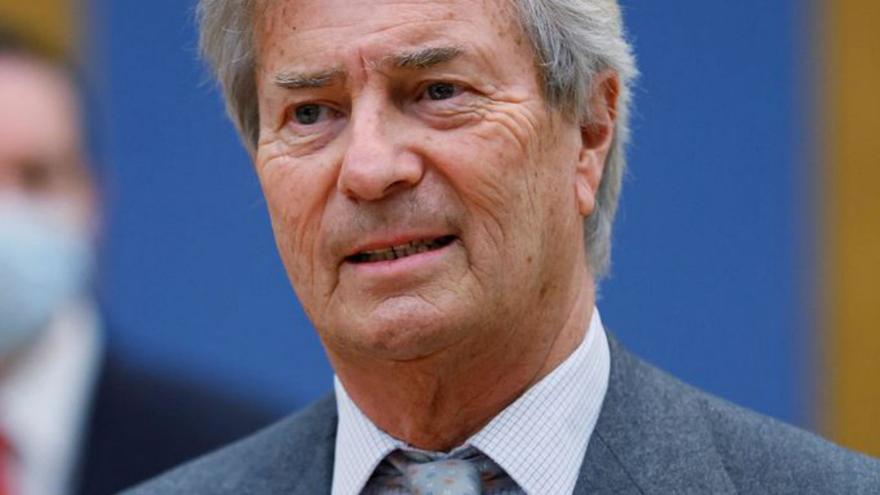In recent weeks, several French publishing houses have experienced one of the most significant reorganizations of owners and capital in the last decade. At the end of November, the acquisition of Lagardère by Vivendi Group was confirmed. Launched in 2021, the operation is not only changing the publishing and media landscape, but also amplifying the power of controversial businessman Vincent Bolloré, 71, who holds the reins of Vivendi and uses his business power to…
With the acquisition of the Lagardère group, Vivendi (Canal+, CNews, Havas advertising agency…) gained control of Hachette. It is the leading company in the book sector in France and owns several publishers, such as Stock, Calmann-Lévy, Grasset, Fayard and JC Lattès. In fact, this has raised fears that the entire conglomerate could fall into the hands of Bolloré, a businessman who has not hesitated to impudently influence the editorial lines of the media outlets he owns, such as the C News chain, the Radio Europe 1 station and the Journal du Dimanche, a newspaper. A centrist historical publication that within a few months became a far-right publication.
Would he do the same with books? It's the fear of writers and editors. “There is a danger that it will have harmful effects on French literary creativity,” Antoine Gallimard, director of the publishing house of the same name, warned in an interview with Le Monde newspaper. This warning was issued at a time when Vivendi was aspiring not only to control Hachette, but also to merge it with Editis, the second largest company in the publishing sector, which would have meant that it would own the publishers who published 50% of the 100 best-selling books. Books in France in 2020. For political purposes in favor of the extreme right.
Zemmour Shepherd
However, the European Commission forced the Bolloré group to divest from Editis if it wanted to complete the acquisition of Lagardère. This is what happened with its sale at the end of last October to Czech businessman Daniel Kretinsky, who owns 25% of FNAC shares and has a large presence in the Welsh media. Although Vivendi is left without a publishing conglomerate with monopoly power, there are concerns that its majority shareholder could influence publishers.
Bolloré inherited a defunct stationery company in 1981. Since then, he has multiplied his turnover by 1,000 and created a whole range of companies in the media, logistics, ports and now the world of books. He is the eighth richest man in France. “He is a traditionalist and fundamentalist Catholic,” historian Christian Delport, a media specialist and professor emeritus at the University of Versailles, tells El Peredic. 15 years ago, “he was very close to Sarkozy's right, but in recent years he has been leaning towards the extreme right.” In the last presidential elections, he was the main sponsor of the extreme nationalist candidate Eric Zemmour. He had his entire media arsenal at his disposal, especially C News.
Writer Jean-Baptiste Andrea, who won the Goncourt Prize this year for his novel Veiller sur elle, confirmed: “Bolloré is not my friend. I do not sympathize with his ideas.” The 52-year-old former screenwriter will not be impressed by the businessman's descent into the publishing world, having published all his novels in the small, independent magazine L'Iconoclaste. On the other hand, some writers known for their leftist commitment see themselves in this position, such as the feminist Virginie Dispent, Gaël Fay, and Pierre Lemaître.
This year actress Julie Gayet published her first book Ensemble on est plus fortes en Stock (by Hachette) and has already announced that she will change publishers due to the new owner. “I'm worried. We don't know what sauce they'll cook us with,” writer Gayle Nohant told Le Monde newspaper. Despite these concerns, other authors prefer to wait and see what happens and trust that their employer will not interfere with creative freedom and ideas.

“Infuriatingly humble social media buff. Twitter advocate. Writer. Internet nerd.”









